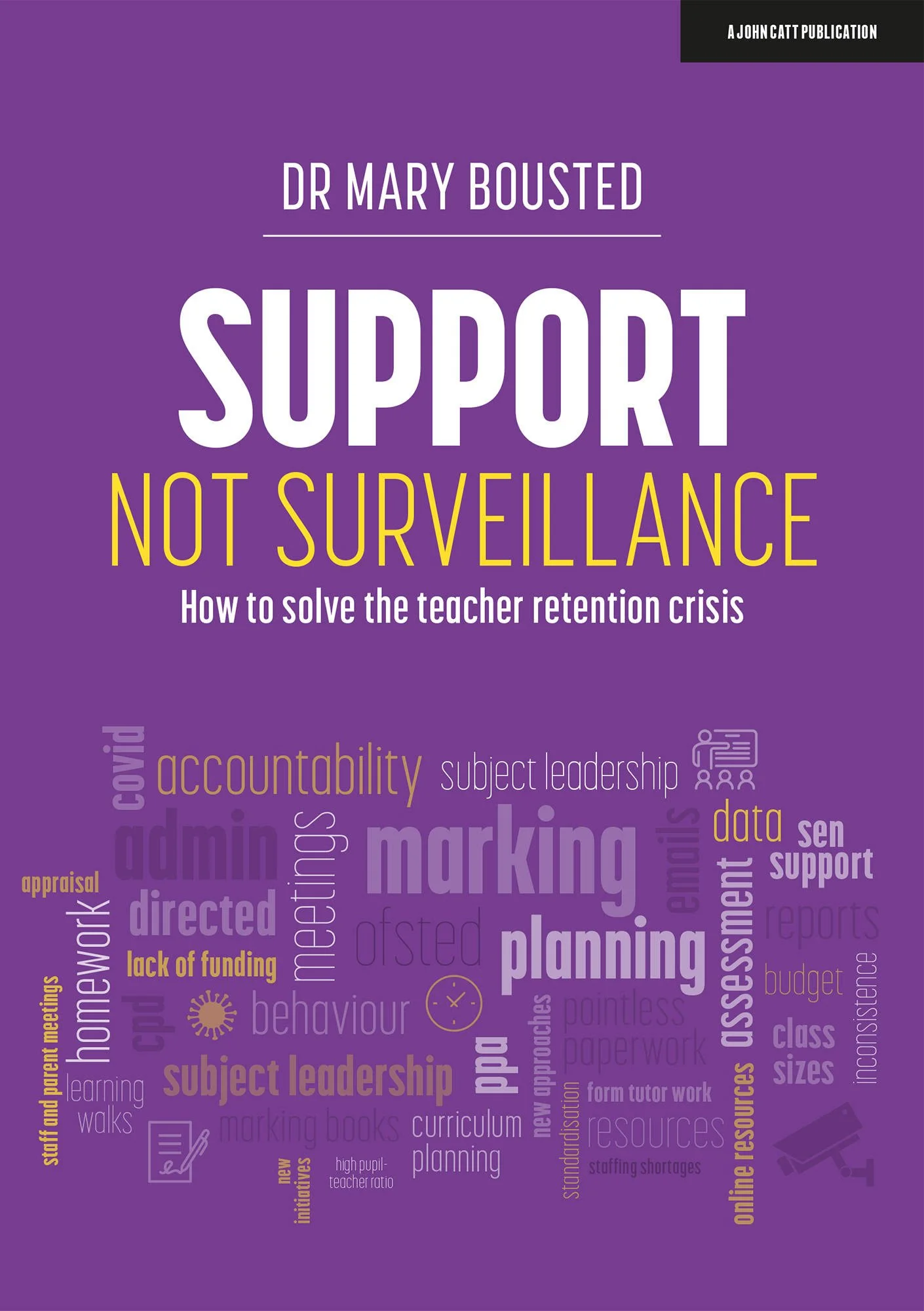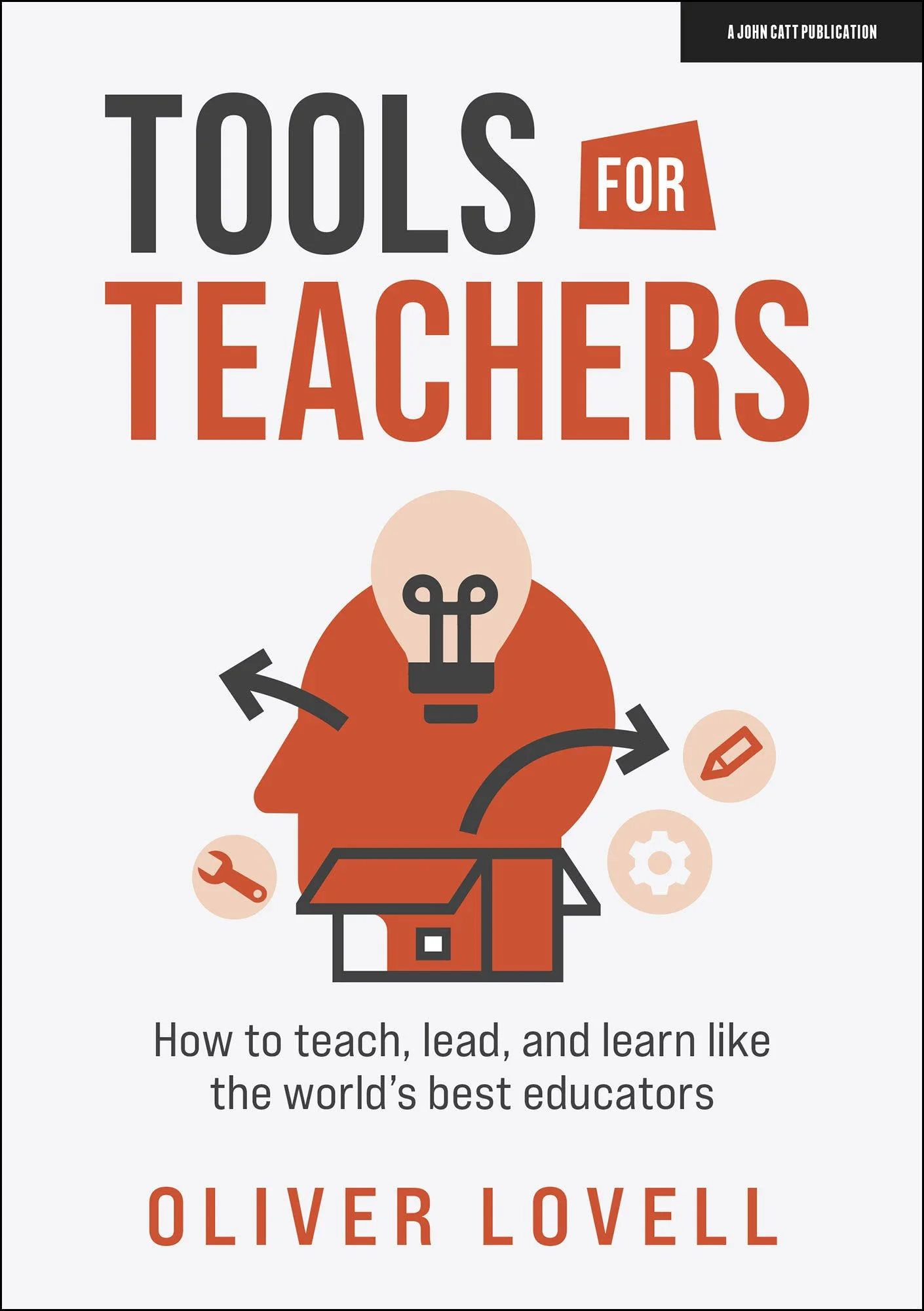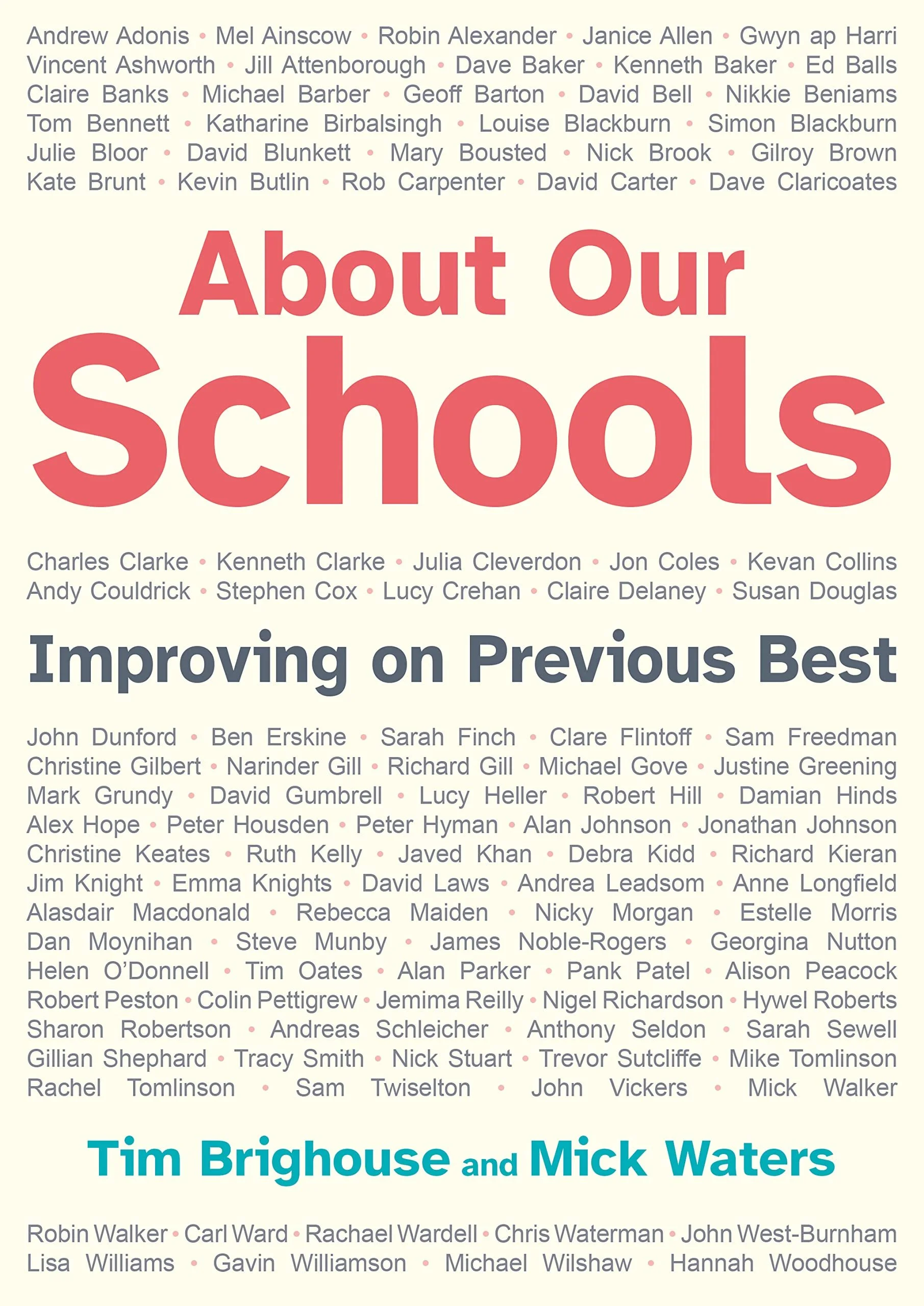Here’s a quick heads-up. Hello World is another book about algorithms, but one with a difference: it’s written by a mathematician. The result is an interesting perspective on why AI algorithms yield skewed results even when the data they’ve learnt from is as unbiased as possible.
The author, Hannah Fry, writes engagingly, so although the subject matter is about complex issues, it’s an easy read.
I’ve written a review of the book for Teach Secondary, and have been told that will appear in print in November 2019.
More brief reviews:
The idea of desirable difficulties has always appealed to me. In my teaching I’m partticularly in favour of applying Vygotsky’s concept of the zone of proximal development.
As far as I’m aware no Education Secretary has had the ability or the courage to deal with the teacher recruitment and retention crisis.
Overall the book is a good investment, although I did have some quibbles with it.
If you want to see the humble brag elevated to an art form, this is the book for you.
It’s a bit of a tall order, I think, to teach yourself computer science, as opposed to computer programming, because of the need to understand particular concepts.
[When I was a teacher,] as with many of my blog posts these days, my own handouts and lesson summaries were festooned with drawings, diagrams and arrows.
My first impression is that this is a handy toolkit which, once mastered, can be applied in lots of different contexts in any subject.
One of my first impressions: I like the fact that the book includes relatively recently-acknowledged attributes of the brain, such as neuroplasticity.
I’m always wary of books that are written while the issues that it addresses are new and current.
This book addresses online learning from the point of view of the learner, rather than the teacher or the institution











